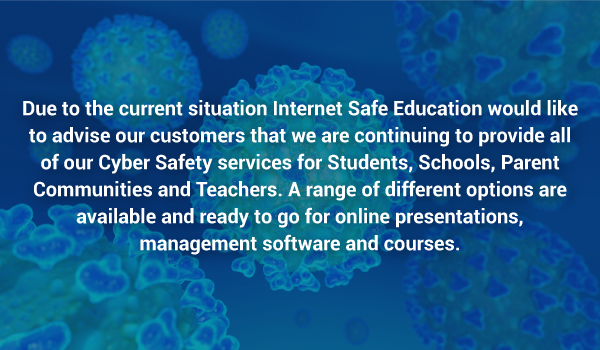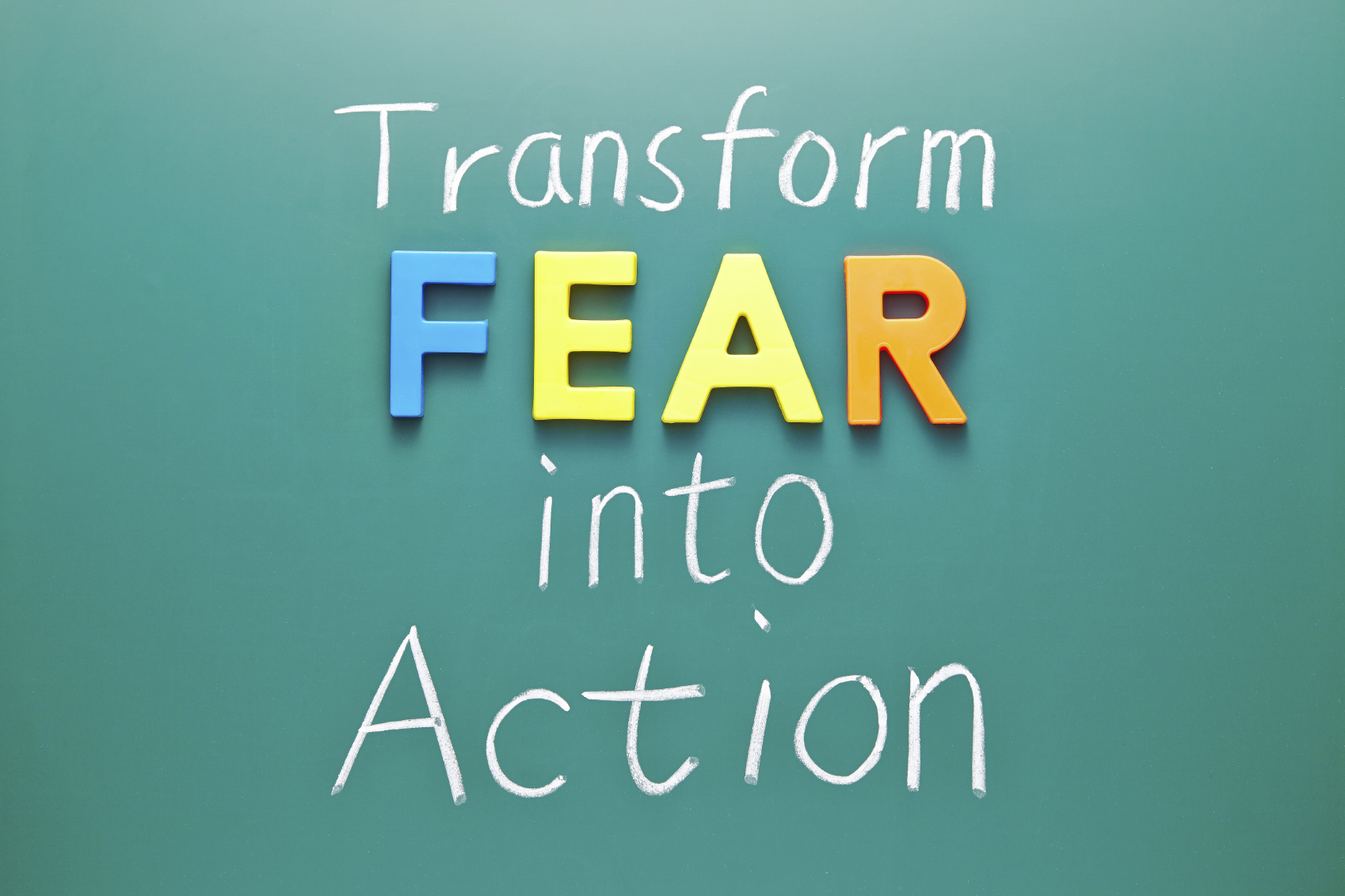
What is a digital footprint?
A digital footprint is the permanent imprint you leave behind online that traces all your digital activities, actions, contributions and communications.
Your digital footprint, whether positive or negative, intersects with your everyday life can affect relationships, school/ tertiary/scholarship applications, employment opportunities, rental applications and in some cases attract domestic and international law enforcement attention. The actions taken as a young adult can have lifelong consequences. Other users can also contribute both positively and negatively to your digital footprint.
The good news is, primarily, you can decide what your digital footprint looks like and there are many things you can do to ensure it remains squeaky clean.
What does a healthy digital footprint look like?
A digital footprint is a direct reflection of the kind of person you are and how you conduct yourself offline. A person with a healthy digital footprint has respect for themselves and others which is evident in the language and images you use, the company you keep and how you interact with those around you. The activities with your family, friends, school or sporting community will be positive and respectful. You will be sharing appropriate images, articles and blogs. Your communication will be encouraging and appropriate across all platforms and will be contributing positively and respectfully to an overall healthy online culture.
Would you want your grandmother to see it?
On the flip side it is very easy to get caught in the perceived anonymity of the online world and the pretence of freedom of speech however you should ask yourself ‘Would I want to share this with my parents, my grandmother, my employer or my future mother-in-law?’
If you are posting drunken or explicit photos of yourself or bragging about skipping school, it shows a distinct lack of self-respect. If you are using poor, sexually discriminatory or racial language, supporting violence and/or criminal activity, preaching radical political or religious views or displaying aggressive and bullying behaviour or making defamatory comments about your school, teachers or employer you are showing a lack of respect for others.
Having a negative digital footprint doesn’t mean you have to continue down that path. Maturity, parental guidance and hindsight are great teachers. Mistakes are made online just as in life.
What can our children and teenagers do?
The recent eSafety Commissioner’s 2021 Youth Engagement Report * revealed that the young people of Australia have very clear views about online safety and want to work with government organisations to actively contribute to creating a safe online digital experience for all Australian youth. They stated they want to be empowered to make the right choices for themselves, have clear and accessible support when things go wrong and a continuing consultation as the online landscape grows and changes.
With this is mind children and teenagers have a front-row seat to maintaining a positive digital footprint. Here are a few considerations:
- The company you keep will be scrutinised. Do your research before clicking approve friend request, like or follow. Do their social profiles, website, blogs and connections match your core values?
- Don’t be afraid to block, report, unfriend, unlike or unfollow a person or organisation if they no longer positively contribute to your online experience
- Find people that you respect and admire online – use them as a guide and mentor
- Show intent with the things you share, don’t post without thought. By all means, with the right privacy settings in place, share away but make sure it is positive and meaningful. Create the online culture your future self will thank you for
- Be protective of your online privacy – don’t share passwords, leave your accounts unattended and never share location, contact or financial details
- If others tag you in a photo or post, you don’t agree with you can remove your tag
- Don’t share content without referencing the original source this is respectful practice online and in life
- Remember to consult the trusted adults in your life if you are unsure if things go pear-shaped
What can parents do?
Being actively involved in their online activity, keeping informed on what’s new online and keeping the lines of communication open are the key factors that will help support your children to have a healthy digital footprint. However, there are other steps you can take to encourage positive online behaviour to ensure their digital reputation is protected
- Be the example. Children will follow your example before your advice. Is your digital footprint in line with the values you are instilling in your children
- Explain the importance of protecting their reputation online
- Discuss your families core values to set like a family online code of conduct
- Challenge them to review their own content to identify anything that may reflect negatively on their footprint.
- Review photos and chat history regularly to check they are on track
- Review friends and pages they follow. Do they align with your family values? Unfortunately, we are the company we keep, and the poor behaviour of others can affect your child by association
- Privacy settings are king and should be a condition of online usage
- Profile pictures are the first thing others will see so it is important they are appropriate
How crazy (and frankly a little scary) is it that something your child or teenager posts online, whether it be on social media, online gaming forum or in a chat room, could affect your employment prospects as an adult. The great news is you and your child or teenager can control the narrative through communication, consultation, respect and common sense.
*YRRC Research Report eSafety 2021_web V06 – publishing_1.pdf


